About the workshop
The ScanR high-content microscopy system is a powerful tool for studying the cellular processes of large populations of single cells in an unbiased and fully automated fashion. In the current artificial intelligence (AI) era, image analysis has advanced beyond its previous limitations. The ScanR system, combined with the TruAI deep learning module, has expanded the scope of analyzed samples from precise image analysis of individual cells in organ sections to the analysis of single molecules, such as DNA replication forks.
This two-day workshop aims to bring together a community of leading scientists and experts in high-content imaging to discuss and share knowledge about the latest advancements in studying cellular processes using advanced microscopy techniques. Beyond lectures and talks, the workshop will include four hands-on sessions during which participants will be guided on how to prepare and acquire samples on ScanR high-content and IXplore SpinSR super-resolution microscopy systems, analyze acquired data using scanR and cellSens™ systems combined with TruAI deep learning module, and finally will receive tips and tricks how to visualize and present data from high-content imaging. The leaders of hands-on sessions are ready to train beginners in high-content imaging as well as advanced users. ScanR high-content and IXplore SpinSR super-resolution microscopy systems will be available during the entire workshop, and attendees will have the possibility to acquire and analyze their own samples. Dedicated sessions will facilitate networking between established experts and early-career researchers. Overall, this workshop will offer a friendly and easy-to-access environment for researchers at all levels to promote scientific excellence and collaboration to advance microscopic approaches in cell biology.
Confirmed speakers
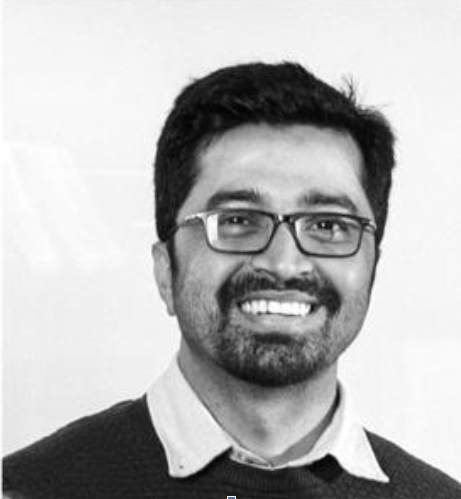
Kumar Somyajit is an Associate Professor at the Department of Biochemistry and Molecular Biology, University of Southern Denmark in Odense, Denmark. Combining high-content quantitative single-cell imaging with superresolution microscopy and biochemical approaches, Kumar Somyajit's laboratory explores several facets of cell cycle and genome integrity during early development and cancer transformation.
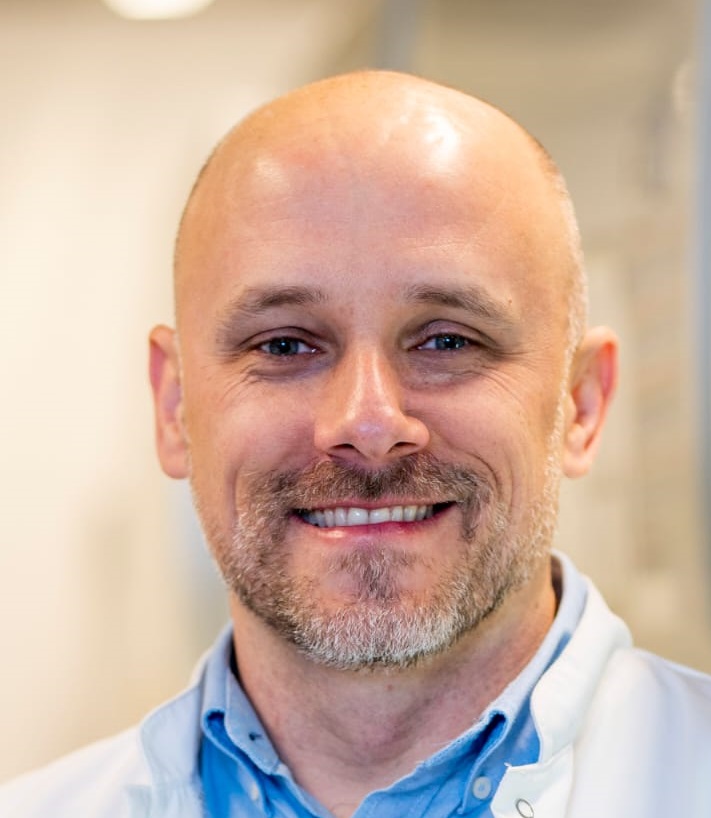
Luis Toledo has been an academic for 18 years, working on cancer biology, genomic instability, and the molecular mechanisms of DNA replication stress. After seven years as a group leader at the University of Copenhagen, Luis co-founded Nodus Oncology startup. He recently joined the Novo Holdings SeedLab (Biorigin) in Copenhagen, Denmark, to support early company development in the oncology sector.
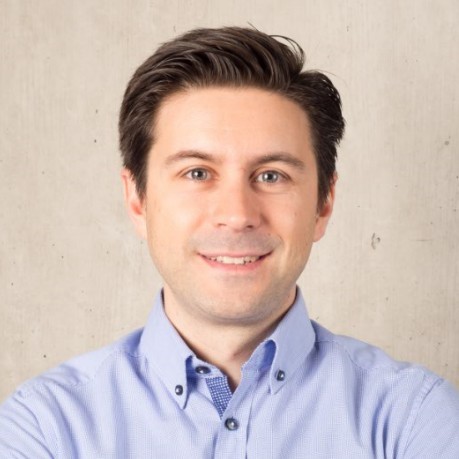
Manoel Veiga earned his Ph.D. in Physical Chemistry at the University Santiago de Compostela, Spain. Following two postdocs at the Universities Complutense of Madrid and WWU Münster, in 2012 he joined PicoQuant GmbH where he worked as senior scientists. In 2017, he joined Olympus/Evident, where he works as a Global Application Specialist focusing on high-content analysis and deep learning.

Hana Polasek-Sedlackova is a group leader of the Laboratory of DNA Replication and Genome Stability at the Institute of Biophysics of the Czech Academy of Sciences in Brno, Czech Republic. Using state-of-the-art genome editing and high-content imaging, Hana's lab investigates various cellular processes and genome maintenance mechanisms in a variety of physiologically relevant cell models.
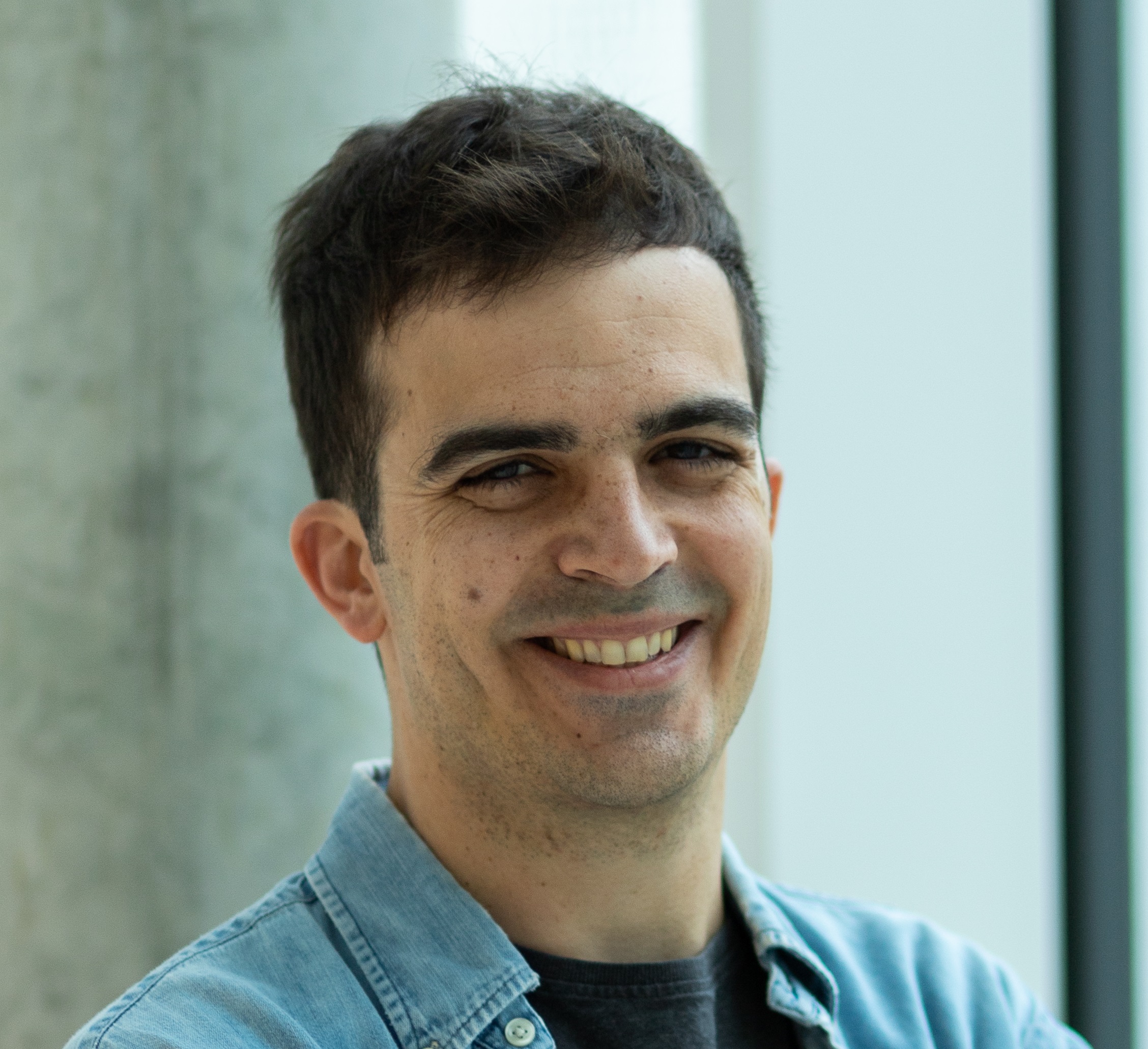
Panos Galanos is a senior scientist at the Danish Cancer Institute in Copenhagen, Denmark. Specializing in cellular senescence and cancer progression, Panos employs the ScanR high-content microscope to explore the dynamic nature of senescence in combination with other stress responses at the single-cell level.
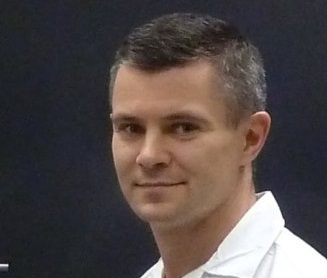
Pavel Moudry is a group leader of the DNA Replication Dynamics research group at the Institute of Molecular and Translational Medicine, Palacky University Olomouc, Czech Republic. Pavel investigates the molecular mechanisms underlying the acceleration of DNA replication forks in response to PARP inhibitors. For over 15 years, Pavel has harnessed the power of the ScanR imaging system in his research.
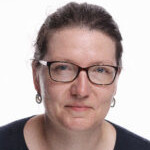
Kamila Burdova is a senior postdoc in the Laboratory of Genome Dynamics at the Institute of Molecular Genetics of the Czech Academy of Sciences in Prague, Czech Republic. Kamila uses the ScanR high-content imaging system to study endogenous DNA damage and DNA damage repair pathways during the progression of the cell cycle.
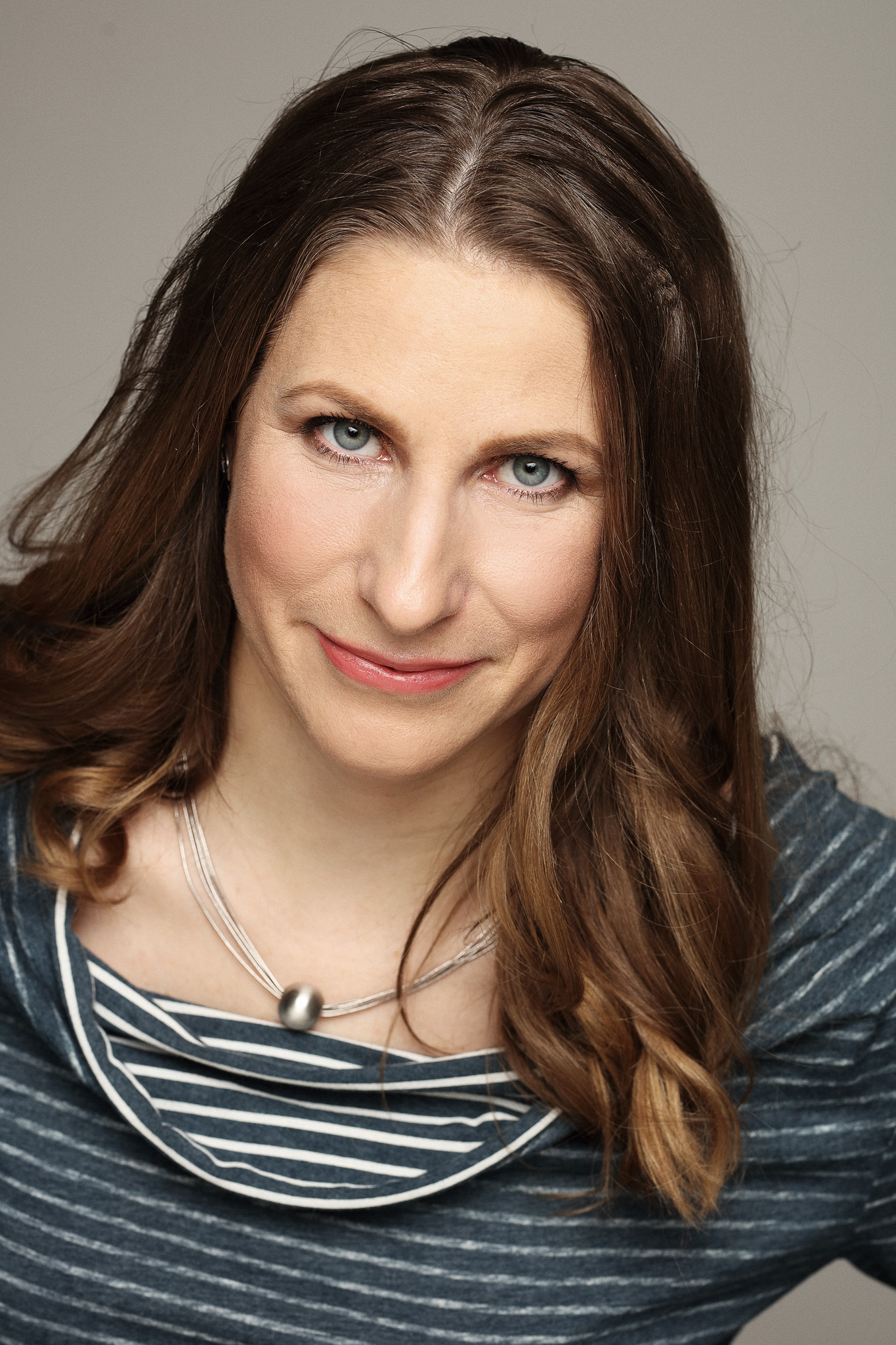
Jana Dobrovolna is a senior scientist in the Laboratory of Cancer Cell Biology at the Institute of Molecular Genetics of the Czech Academy of Sciences in Prague, Czech Republic. Jana uses unbiased screening approaches to identify novel factors involved in the metabolism of secondary DNA structures, such as R-loops and G-quadruplexes and studies their role in genome stability maintenance.
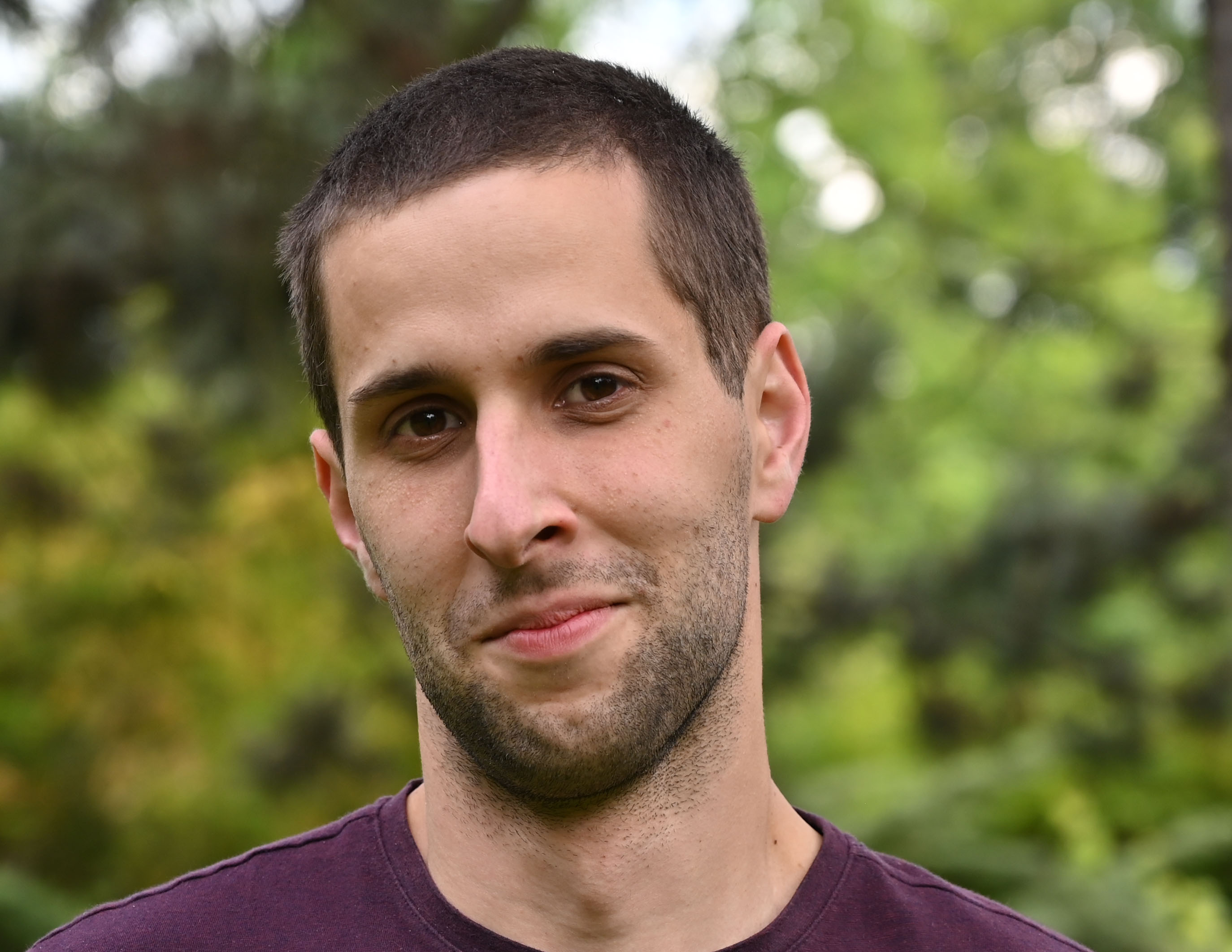
Vaclav Bacovsky is a junior researcher at the Department of Plant Developmental Genetics at the Institute of Biophysics of the Czech Academy of Sciences in Brno, Czech Republic. In his research, he studies the intricate processes of sex chromosome evolution, sexual dimorphism, and genome stability, combining super-resolution and high-content imaging techniques together with immunoprecipitation high-end methods.